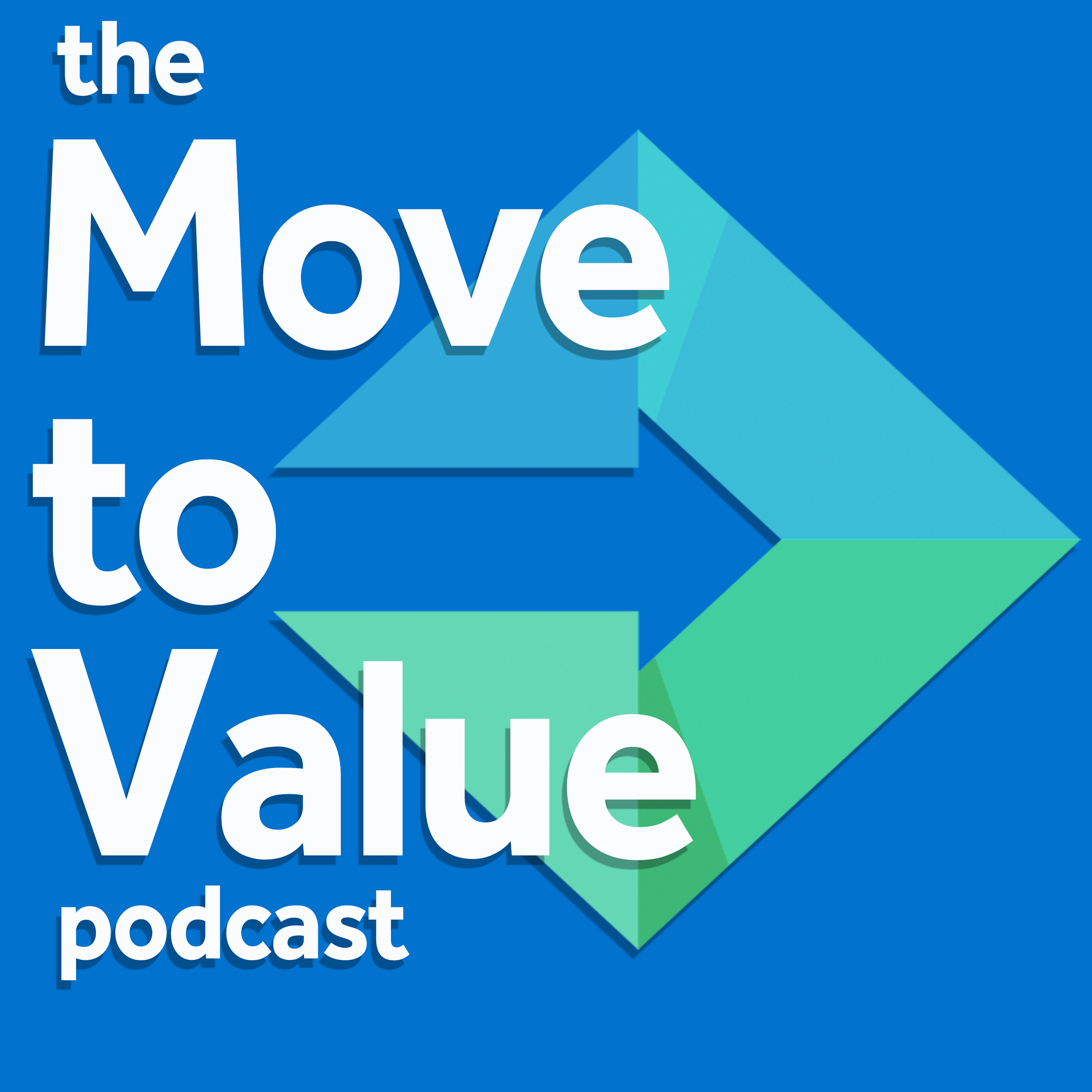- After-Shows
- Alternative
- Animals
- Animation
- Arts
- Astronomy
- Automotive
- Aviation
- Baseball
- Basketball
- Beauty
- Books
- Buddhism
- Business
- Careers
- Chemistry
- Christianity
- Climate
- Comedy
- Commentary
- Courses
- Crafts
- Cricket
- Cryptocurrency
- Culture
- Daily
- Design
- Documentary
- Drama
- Earth
- Education
- Entertainment
- Entrepreneurship
- Family
- Fantasy
- Fashion
- Fiction
- Film
- Fitness
- Food
- Football
- Games
- Garden
- Golf
- Government
- Health
- Hinduism
- History
- Hobbies
- Hockey
- Home
- How-To
- Improv
- Interviews
- Investing
- Islam
- Journals
- Judaism
- Kids
- Language
- Learning
- Leisure
- Life
- Management
- Manga
- Marketing
- Mathematics
- Medicine
- Mental
- Music
- Natural
- Nature
- News
- Non-Profit
- Nutrition
- Parenting
- Performing
- Personal
- Pets
- Philosophy
- Physics
- Places
- Politics
- Relationships
- Religion
- Reviews
- Role-Playing
- Rugby
- Running
- Science
- Self-Improvement
- Sexuality
- Soccer
- Social
- Society
- Spirituality
- Sports
- Stand-Up
- Stories
- Swimming
- TV
- Tabletop
- Technology
- Tennis
- Travel
- True Crime
- Episode-Games
- Visual
- Volleyball
- Weather
- Wilderness
- Wrestling
- Other
Mia Yang, MD - How Dementia Care Impacts Value
In this episode we talk with Dr Mia Yang, a practicing physician involved in clinical care, teaching, and clinical research. She is Director of the Wake Forest House Call program and the co-Investigator for the D-CARE study, comparing health system-based dementia care versus community-based dementia care. Mia Yang, Welcome to the Move to Value Podcast.Thank you. It’s an honor to be here.Dr. Yang, what is comprehensive Dementia Care and why is it more important now than ever?Absolutely. So, as many of us already know, the baby boomers are getting older and as people age there are more people who have cognitive impairment and dementia is where people whose cognitive impairment is making them have impairments in their daily function. So, as we get into the next couple of decades, we're going to see a tremendous increase in the millions of Americans who have some sort of cognitive impairment. And comprehensive dementia care means that it's not just talking about the medical aspect of treating dementia, we're not talking about just prescribing pills, which there are very few, but a very holistic treatment including caregiver support, education, discussing legal and other related topics that our patients go through, as well as kind of a wraparound service that helps these patients who are living with dementia and their families go through this journey.
Dementia obviously has a pretty negative connotation when people hear about it. They think they're crazy or you know that you're going to go live in a rest home or something like that. But it really just means that someone’s memory problems is affecting their daily function. It is an umbrella term, and the word dementia is used oftentimes interchangeably with Alzheimer's disease or Alzheimer's dementia, but there are many different types of dementia and Alzheimer's is the most common type but it's not the only type. And there are pre-dementia conditions called mild cognitive impairment where the person might notice some subjective signs of memory loss and objectively a memory testing, we don't think this is just what happens as you get older. Compared to other people of similar age and education, this person scores very poorly and those people are called mild cognitive impairment because they're still able to function independently, they're just noticing some subtle issues that are perhaps to beginning of dementia.
Well tell me how a cognitive impairment or dementia diagnosis impacts the overall health of the patient and care team? So, dementia or cognitive impairment is not just one of the many chronic medical issues our patients deal with it. It really affects the self-management of all chronic illnesses. So, if you think of someone who has diabetes and they have memory problems, how are they going to remember to take their medicines accurately? Are they going to be able to draw up their insulin? Are they forgetting how to cook so they eat poorly or maybe they have forgotten that they have not eaten and are losing a lot of weight or gaining a lot of weight from forgetting that they have already eaten. So, that's just an example of how our cognition is really central to the overall health of the person.What is the current landscape like in cognitive impairment AKA dementia care?I think that research in Alzheimer's disease and related dementias, which we can call the general term dementia or ADRD is what the National Institute of health used to call all the related dementias to Alzheimer's. A lot of the research have been very focused on the biological pathways of the disease and of course in ways to prevent the development of cognitive impairment, but there hasn't been as much funding until recently in the care of patients who already have the disease. Most of the drug trials have moved earlier and earlier on in the disease course, where

